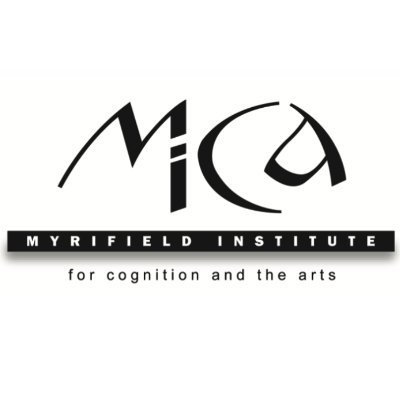
Last paper:
Grazia Pulvirenti, Renata Gambino, Neurohermeneutics. A Transdisciplinary Approach to Literature
- Peer review
- Submit a paper
- Suggest a paper
- Contact us
- Partner program
Evan Thompson,
Sensorimotor subjectivity and the enactive approach to experience
 Year: 2005
Year: 2005Topics: Enaction; Cognition;
DOWNLOAD PAPER
Download size: 151.14 KB
The enactive approach offers a distinctive view of how mental life relates to bodily activity at three levels: bodily self-regulation, sensorimotor coupling, and intersubjective interaction. This paper concentrates on the second level of sensorimotor coupling. An account is given of how the subjectively lived body and the living body of the organism are related (the body-body problem) via dynamic sensorimotor activity, and it is shown how this account helps to bridge the explanatory gap between consciousness and the brain. Arguments by O’Regan, Noë, and Myin that seek to account for the phenomenal character of perceptual consciousness in terms of ‘bodiliness’ and ‘grabbiness’ are considered. It is suggested that their account does not pay sufficient attention to two other key aspects of perceptual phenomenality: the autonomous nature of the experiencing self or agent, and the pre-reflective nature of bodily self-consciousness.
Key words: Enactive cognitive science, self, sensorimotor, subjectivity
Project
The Neuro Humanities Studies Network aims at creating a multidisciplinary research community in order to develop and structure a linking platform for neuro-scientific, cognitive topics and humanities.
Click on each keyword to show papers related with it.









